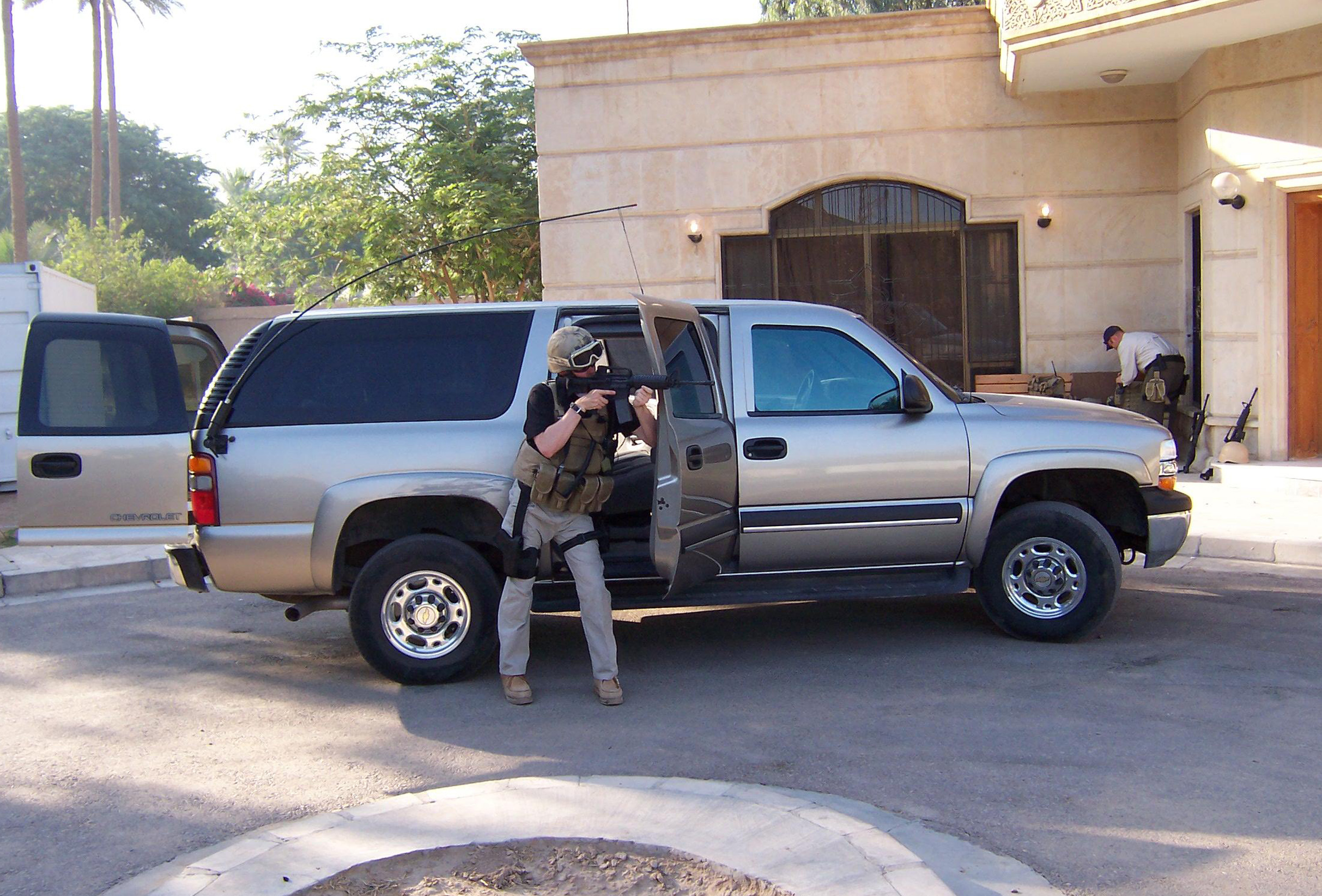Part 2 of a two part series by guest author Dr Majed Ashy.

Companies that provide mercenaries need international regulation and must to be subject to international law. Unlike governments that can be held accountable by voters, international law, and the freedom of information act, these private national and international businesses resist any intrusion into their work and claim a right to secrecy.
One of the many disturbing features regarding mercenary groups is that the standards of hiring are different of those of regular national armies. In different parts of the world, these mercenaries can include individuals with criminal, psychiatric, or drug issues that influence their conduct. In addition, as we have seen in several incidents, these contracted mercenaries and their companies might not be held to the same standards of accountability as regular professional armies.
We might be moving into an era in which wars are not conducted by national armies for the sake of certain ideologies, religions, or national interests, but by private contracted armies of mercenaries who will fight outside the restrictions of international or national laws for the narrow interests of individuals or groups or governments. This will take us into a new understanding of wars, terrorism, and peace.
Suggested reading: The Modern Mercenary: Private Armies and What They Mean for World Order by Sean McFate. A brief excerpt is available here.
Dr. Majed Ashy is a certified consultant in psychology in Saudi Arabia. He received a bachelor degree, a master degree, and a doctorate degree in psychology from Boston University in the USA, and a post-doctorate in psychiatric research at the Developmental Bio-Psychiatry Program (DBPRP), MacLean Hospital at Harvard University Medical School, and a second post-doctorate at the Mind, Brain, and Learning Program at Harvard Graduate School of Education. He has been a research fellow at DBPRP since 2008.
Dr. Ashy’s research examines the developmental and neurological bases of political thinking, attitudes, and behavior, including the role of childhood maltreatment and trauma in brain development and later attitudes towards peace, war, terrorism, extremism, torture, protests, human rights, apology, forgiveness, and reconciliation. He is an advocate for peace and human rights as pre-requisites for mental and physical health, and advocates for cross cultural understanding and cooperation in making mental health services available to cultural minority groups and promoting healthy relations among groups. Dr. Majed has several professional publications, presentations, and memberships in the area of peace psychology.
Dr. Majed Ashy is a certified consultant in psychology in Saudi Arabia. He received a bachelor degree, a master degree, and a doctorate degree in psychology from Boston University in the USA, and a post-doctorate in psychiatric research at the Developmental Bio-Psychiatry Program (DBPRP), MacLean Hospital at Harvard University Medical School, and a second post-doctorate at the Mind, Brain, and Learning Program at Harvard Graduate School of Education. He has been a research fellow at DBPRP since 2008. Dr. Ashy’s research examines the developmental and neurological bases of political thinking, attitudes, and behavior, including the role of childhood maltreatment and trauma in brain development and later attitudes towards peace, war, terrorism, extremism, torture, protests, human rights, apology, forgiveness, and reconciliation. He is an advocate for peace and human rights as pre-requisites for mental and physical health, and advocates for cross cultural understanding and cooperation in making mental health services available to cultural minority groups and promoting healthy relations among groups. Dr. Majed has several professional publications, presentations, and memberships in the area of peace psychology. He is a regular contributor to Engaging Peace.



